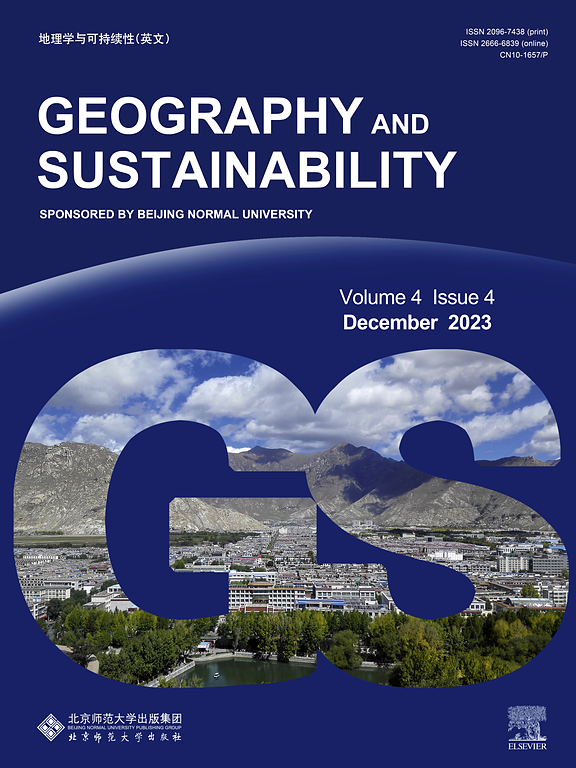Complex adaptive systems science in the era of global sustainability crisis
IF 8
1区 环境科学与生态学
Q1 GEOGRAPHY, PHYSICAL
引用次数: 0
Abstract
A significant number and range of challenges besetting sustainability can be traced to the actions and interactions of multiple autonomous agents (people mostly) and the entities they create (e.g., institutions, policies, social network) in the corresponding social-environmental systems (SES). To address these challenges, we need to understand decisions made and actions taken by agents, the outcomes of their actions, including the feedbacks on the corresponding agents and environment. The science of complex adaptive systems—complex adaptive systems (CAS) science—has a significant potential to handle such challenges. We address the advantages of CAS science for sustainability by identifying the key elements and challenges in sustainability science, the generic features of CAS, and the key advances and challenges in modeling CAS. Artificial intelligence and data science combined with agent-based modeling promise to improve understanding of agents’ behaviors, detect SES structures, and formulate SES mechanisms.

求助全文
约1分钟内获得全文
求助全文
来源期刊

Geography and Sustainability
Social Sciences-Geography, Planning and Development
CiteScore
16.70
自引率
3.10%
发文量
32
审稿时长
41 days
期刊介绍:
Geography and Sustainability serves as a central hub for interdisciplinary research and education aimed at promoting sustainable development from an integrated geography perspective. By bridging natural and human sciences, the journal fosters broader analysis and innovative thinking on global and regional sustainability issues.
Geography and Sustainability welcomes original, high-quality research articles, review articles, short communications, technical comments, perspective articles and editorials on the following themes:
Geographical Processes: Interactions with and between water, soil, atmosphere and the biosphere and their spatio-temporal variations;
Human-Environmental Systems: Interactions between humans and the environment, resilience of socio-ecological systems and vulnerability;
Ecosystem Services and Human Wellbeing: Ecosystem structure, processes, services and their linkages with human wellbeing;
Sustainable Development: Theory, practice and critical challenges in sustainable development.
 求助内容:
求助内容: 应助结果提醒方式:
应助结果提醒方式:


